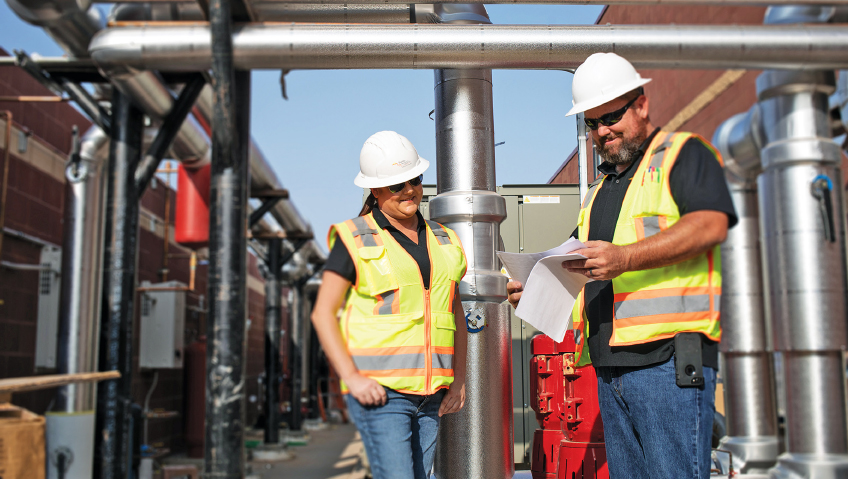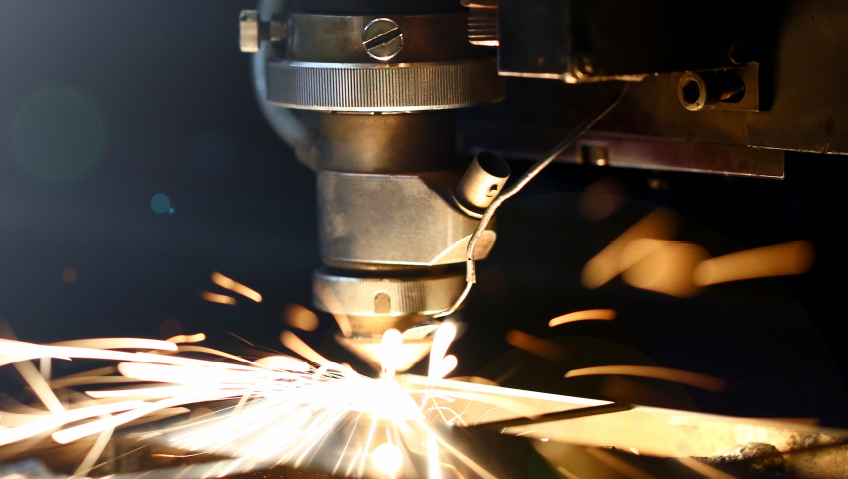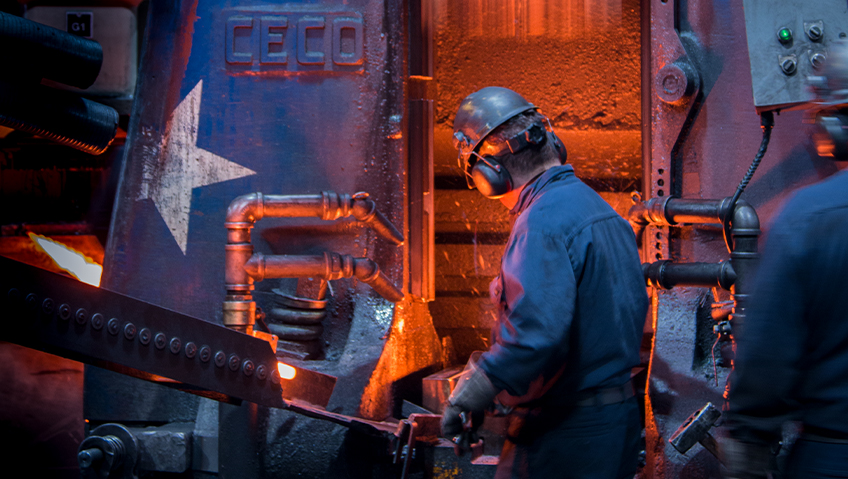Pueblo delivers full spectrum HVAC, Plumbing and Controls service and installation for education, government, industrial, healthcare and commercial customers. As a leading provider in the state of Arizona, the company has completed tens of thousands of projects and service calls, and its solutions and services range from system repairs and replacements to multi-million dollar retrofits and installations, encompassing intricate design-build specifications.
Pueblo’s growth skyrocketed when the private equity group Huron Capital acquired the company in 2017. The company immediately began acquiring other mechanical firms to join the Pueblo name. These acquisitions, along with ongoing organic growth, took the company from a $65 million a year business to a $120 million a year business. “We’re talking 180 percent growth over a two-year period,” says Sales and Marketing Vice President Brandon Hunt.
Huron Capital gives Pueblo the freedom to run the business while providing the funding and know-how needed to grow successfully. “We’re the operators. Where they positively impact is being able to provide the resources and the financial backing,” Hunt says.
Pueblo’s Service division experienced particularly strong growth over the last two years of expansion. Originally, the company concentrated on installations, but, with an expanded focus and new leadership on board, the company now boasts a full-fledged Service department. Where service work previously only made up about five to ten percent of the business of Pueblo and its recently acquired companies, now, this work makes up more than thirty-five percent.
“Being a combined company, taking [the acquired companies’] resources with the Controls business that we already have and making one big business with strong leadership, we were able to expand not only our products, but we were able to expand our capabilities,” he explains, and through one of its acquisitions, the company now can offer customers the Controls product line of Schneider, an international leader in the industry.
Maintaining a cohesive company culture has been important during this short period of rapid growth and multiple acquisitions. Leadership was careful to buy companies with similar cultures that would integrate well to create a unified whole.
“We felt the culture that they had [needed to be] close to our culture so, as we combined as a company, there wouldn’t be miles to go to be able to have one team,” Hunt says.
Once combined, management allowed plenty of time for successful integration. “We didn’t change anything. We didn’t come in [and say]: ‘You’ve got a new boss; you’re going here; you’re doing this.’ We let them operate, and we really found synergy between the organizations and the cultures.”
This allowed the company to recognize what worked well and keep those aspects of each acquired company. “We came up with best practices,” he says. “This is a combined effort to be successful.”
One of the key components of the company culture is a steadfast dedication to safety. With nearly five hundred employees working in potentially dangerous job sites, a lot can go wrong “if you’re not paying attention.” It is “a priority as an organization to make sure everybody has it top of mind.” This requires commitment from office workers, management, and employees in the field.
“It starts at the top, from our CEOs to COOs to vice presidents,” Hunt says, “and it has to go all the way through the organization. Everyone’s got to have that safety-first culture.”
Part of this includes “tons and tons of safety training. We will never turn down anybody in any position that wants safety training,” he says, “and we have the resources to do that training. We’ve got an in-house safety officer that’s got the highest safety credentials you could have.”
The company’s guarantee of safety is just one component of its overall dedication to employees; it also supports them through open communication. “Every new hire goes to breakfast with their CEO,” Hunt says. “We’re big business, with five hundred employees, $120 million in revenue, the largest mechanical in the state of Arizona, but we don’t want to operate that way.” Instead, he explains, the company wants to operate like a small business where the CEO’s door is always open. “We’ve really tried to protect the family culture as we’ve grown into the largest mechanical in the state.”
The company also supported employees through the executive training program in which a group of selected individuals took on a twelve-month research project on employee engagement. The goal was to uncover “what it really means to be an employer of choice and be engaged with your employees.”
They learned that training, mentorship, and communication are all crucial factors when it comes to maintaining employee engagement and satisfaction. “Those are the things we try to instill throughout the entire organization,” Hunt says.
The company’s pledge of quality goes above and beyond what might be expected. Pueblo’s total quality management program carefully oversees the quality of the designs and provides customer solutions. As well, a quality team is sent to inspect work in the field. “If we have a mistake in the field, we want to catch it ourselves and not have our customer catch it,” he says.
“So we have a full-blown quality program that is led by a professional engineer that’s involved in the entire business—designing it and selling it but also taking a look at the systems and the process. Oftentimes, people think of quality as just checking to make sure the glass is clean when the job is done. That’s not at all what our quality program is. Our quality program is making sure we have the right processes in place to catch things. So we rate the performance of each of our jobs and each of our employees. We are looking at different types of specs. We’re not just making sure it’s shiny.”
Pueblo supports diversity and actively encourages women to join the team. As well as being the right thing to do, bringing more women into the company helps solve the workforce shortage that the industry faces. “People are retiring; people are leaving, and we don’t have the people coming up to replace that,” Hunt says.
Management sat down and put their heads together to try and solve the problem. “We looked at it and said, ‘Hey, we’re missing essentially fifty percent of the market out there by not having a very strong female presence.’ And so we really made it a culture shift and a topic.”
After researching employee satisfaction, the executive training program turned its attention to improving gender diversity. “They went through a full year of research interviewing different companies nationally and came back with suggestions of what we’re going to do as an organization.” Now, the company makes sure to actively recruit women and strives to have as many female applicants as male applicants. “[We’re] really making it a mission,” Hunt says.
Pueblo’s fully accredited apprenticeship program gives women and men who are eager to learn but have no experience, an opportunity to establish a career in the industry. “[We] find people and build them ourselves and create mentorship programs,” he says. “We feel that if we can build from within and train them, there will be employees for a lifetime.”
The company plans to continue expanding both organically and through additional acquisitions. The goal is to become “not only a leader in Arizona in the mechanical, plumbing and controls world but in the southwest and beyond,” Hunt says. With a strong track record of recent growth, it seems only a matter of time before Pueblo expands beyond Arizona to become a regional powerhouse.






